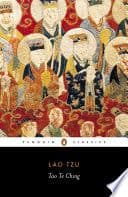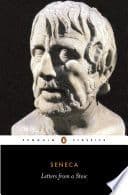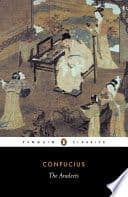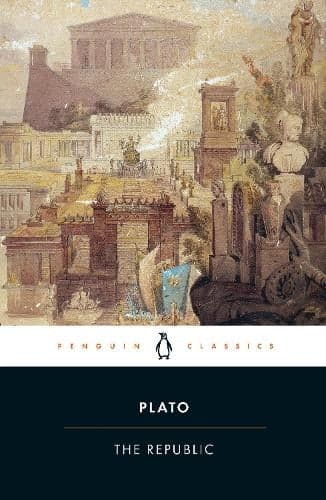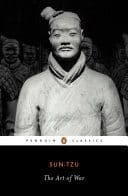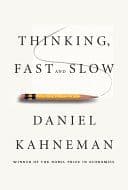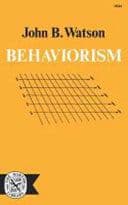
The Prince
Machiavelli's highly influential treatise on political power
DIFFICULTY
intermediate
PAGES
232
READ TIME
≈ 210 mins
DIFFICULTY
intermediate
PAGES
232
READ TIME
≈ 210 mins
About The Prince
Machiavelli’s brisk field manual for acquiring and keeping power explores the idea that in unstable times, a ruler’s first duty is to secure the state, even when that means setting aside comforting ideals.
The Prince pairs hard‑nosed advice with sharp case studies. It contrasts virtù—initiative, nerve, and agility—with fortuna’s chaos, and shows how the former can bend the latter. Expect concrete counsel regarding distrust of mercenaries, cultivating loyal institutions and citizen armies, striking swiftly when cruelty is necessary, and curating a reputation for virtue while acting with cold pragmatism.
Far from nihilism, this is governance under constraint—clarity for when the stakes are existential. It names the gap between how we wish power worked and how it does, giving readers a durable lens for leadership, geopolitics, and office politics alike.
What You'll Learn
- The types of principalities and how rulers acquire and keep them
- Machiavelli’s concepts of virtù and fortuna in political success
- Pragmatic strategies for securing power and stabilizing a state
- The trade-offs between being feared or loved, and cruelty versus mercy
- The central role of military strength, laws, and institutions in governance
Key Takeaways
- Virtù vs. fortuna shapes outcomes
- Ends may justify means
- Strong armies beat mercenaries
- Reputation is a tool of power
- Adapt strategy to circumstance
More in classics


